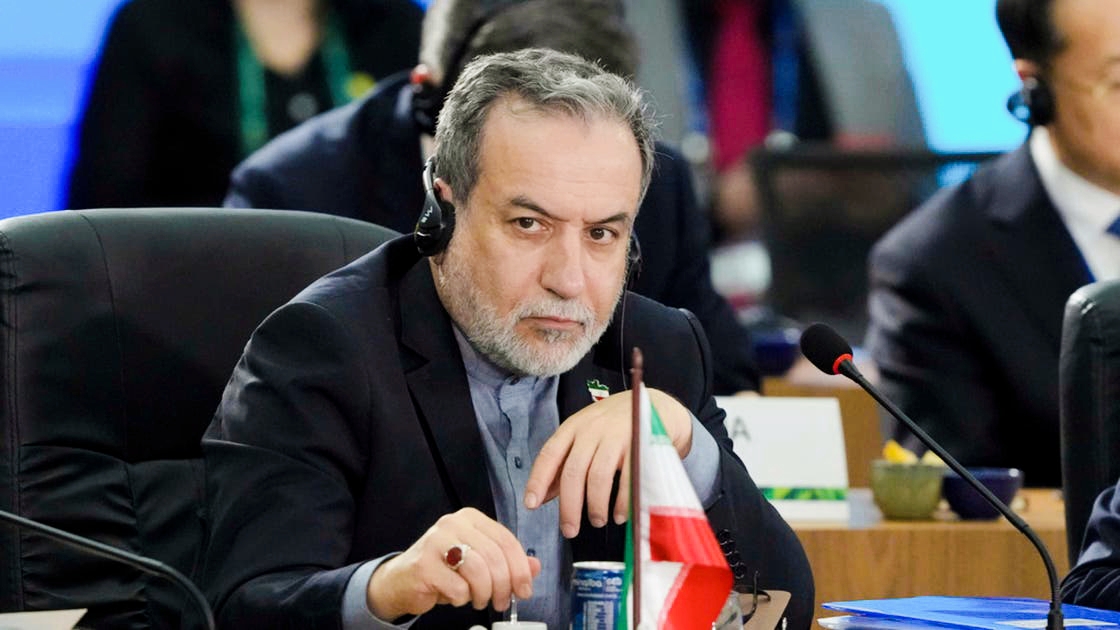Iran Confirms Continuation of Uranium Enrichment Despite US and Israeli Strikes
July 22, 202538 ViewsRead Time: 2 minutes

Font Size
16
In a decisive statement, Iranian Foreign Minister Abbas Araghchi confirmed that his country will not abandon its uranium enrichment program, despite the significant damage inflicted on the program by Israeli and American military strikes targeting its nuclear facilities during the recent war.
During an interview with Fox News, Araghchi explained that the nuclear program was temporarily halted due to the "serious damage" suffered by the nuclear facilities, but he emphasized that enrichment represents an "achievement for our scientists" and a matter of "national dignity" that cannot be relinquished.
The Iranian minister stated that the assessment of the damages is still ongoing through the Atomic Energy Organization, indicating that the nuclear facilities in Fordow, Isfahan, and Natanz were subjected to severe strikes leading to a temporary halt in the program, without revealing the amount of nuclear materials that were saved.
Despite the military escalation, Araghchi affirmed that Tehran is "open to talks with Washington," albeit not directly at the moment, following five rounds of negotiations mediated by Oman that failed to reach an agreement on the allowed enrichment level.
This comes amid accusations from the United States and Israel that Iran was nearing uranium enrichment levels suitable for producing nuclear weapons, while Tehran denies these allegations and asserts that its program is solely for civilian purposes.
It is worth noting that the Israeli strikes, which began on June 13, 2025, lasted for 12 days, with the United States joining on June 22 by bombing vital underground facilities. President Donald Trump stated that the strikes "completely destroyed" the three sites, threatening to repeat the bombing if Iran resumes its enrichment program.
The International Atomic Energy Agency reminds that Iran is the only non-nuclear state enriching uranium up to 60%, a much higher percentage than the agreed limit in the 2015 nuclear deal (3.67%), but lower than the 90% required for military use.
Tensions escalate as Iran continues to expand its nuclear program after the United States withdrew from the nuclear deal in 2018, amid Western and Israeli concerns about Tehran's pursuit of an atomic bomb, which Iran categorically denies.